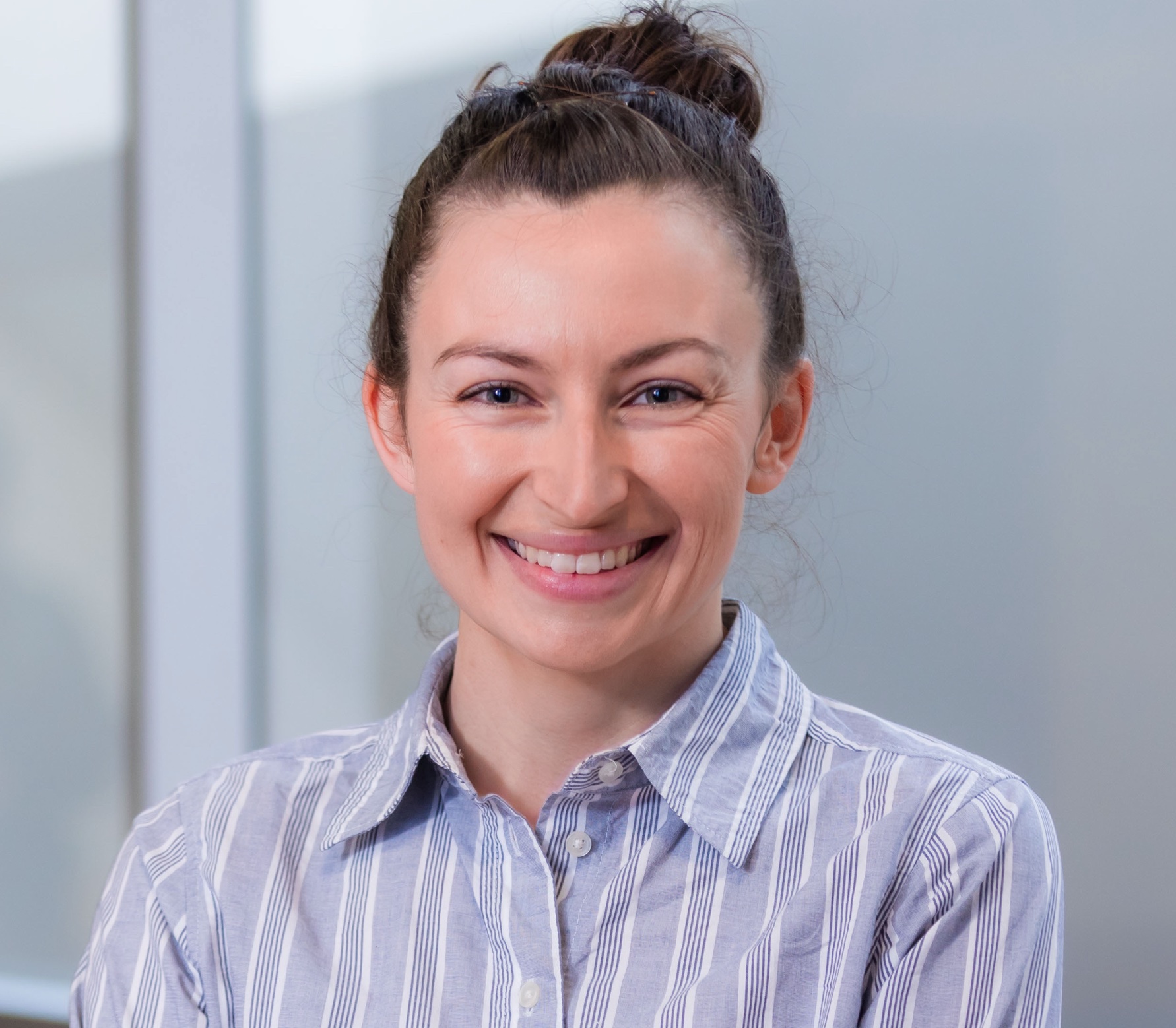
Jennifer Volk
publishedWisc
My research focuses on leveraging the unique properties of novel technologies (like, e.g., superconductor electronics and photonics) to create highly efficient systems for next-generation domains (e.g., datacenters, neuromorphic and quantum computing, and space, satellite, and sensing systems). I take on a holistic approach, centering on circuit design and spanning materials science and computer microarchitecture, to develop solutions that fully exploit the strengths of these technologies while mitigating their drawbacks.

